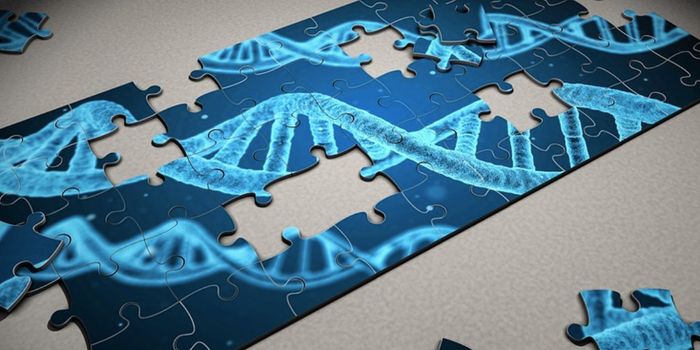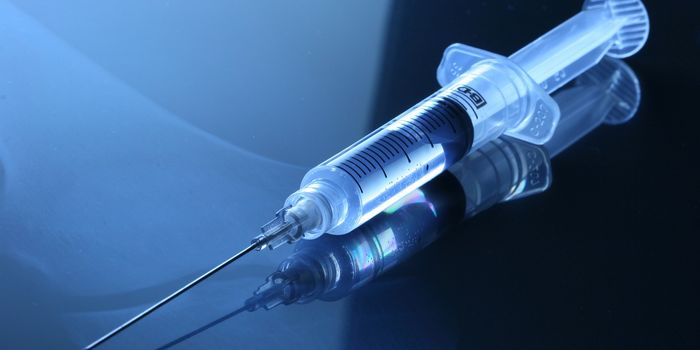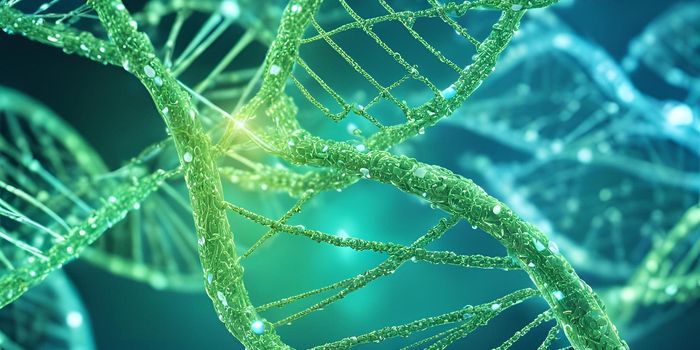The circulatory system in the body is what carries oxygen to muscles, nutrients to organs, and works to essentially get everything where it needs to be. The problem is that it might be too good at spreading things around. Cancer is an example of something that should not be flowing all through the body, but it turns out that blood vessels are a big part of how cancer spreads.
Within blood vessels there are cells that make up the lining. These cells are called endothelial cells and because tumors need blood flow to grow, these endothelial cells come into close contact with cancer cells. New research from the Helmholtz University Junior Research Group at the German Cancer Research Center (Deutsches Krebsforschungszentrum, DKFZ) and the Medical Faculty Mannheim of Heidelberg University shows that this close proximity is spurring a process that allows cancer to spread rapidly.
The team of scientists found high levels of the activated form of a signaling molecule called Notch in blood vessels of tumors. In the blood vessel lining cells from lung, breast and bowel tumors, they found significantly higher levels of the activated receptor than they did in the tissue that was not cancerous. The ratio that the team observed was that higher levels of Notch activation in tumor endothelial cells corresponded to a great amount of cancer spread. Sadly, for patients, once cancer goes on the move in the body, the chance of a positive outcome goes down.
The Notch pathway is a well-known mechanism for cells that are near to each other to communicate. It’s crucial in the development of organs in embryos and in adults the Notch signaling pathway regulates the activity of important stem cells in the blood. Previous cancer research has suggested that when Notch signaling goes awry, cancer can develop. The most recent research is the first time that Notch activity has been shown to ramp up the spread of cancer from inside the cellular environment of a tumor.
The study demonstrated that in mice, the tumor cells actually reprogram the vascular wall cells. By doing this, the cancer cells have essentially breached a safety barrier. When Notch is activated this way, at a higher level, it’s as if cancer cells are being give a free ride through the blood stream to hasten the spread of disease. This leads to metastasis, and in lung cancer, once the cells begin to migrate to other parts of the body, the disease becomes more difficult to treat and patients are at a higher risk.
This disrupted signaling wasn’t only in the blood vessels of the tumor either. Researchers found it happening in the endothelial cells of healthy lung tissue as well. Andreas Fischer, a medical researcher at the university stated, “Taken together, the results show a very clear picture: The tumor cells promote their spread in the body in multiple ways by activating Notch and thus reprogramming endothelial cells for their own purposes. We therefore wanted to find out if we could interrupt this disastrous mechanism. Notch is a universal signaling molecule and this makes it difficult to exert therapeutic influence on it without interfering with vital processes. But a targeted short-time use of blocking antibodies might be a promising approach for suppressing the dangerous spread of tumors. This is what we aim to explore in our further research.” Check out the video below for more information on this cellular process that plays a role in the spread of cancer.









